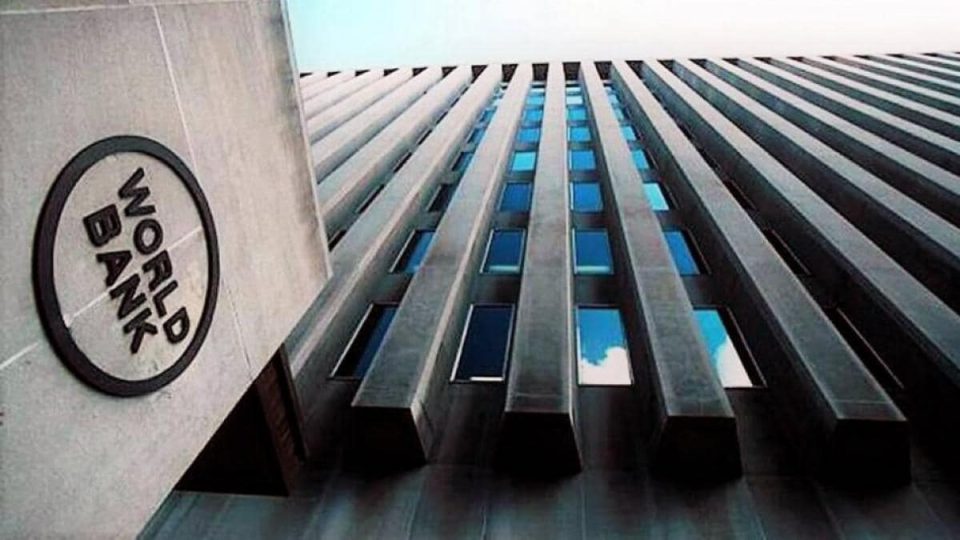The World Bank has approved three loans totalling $562 million (approximately 4,393.7 crore rupees) to fund education projects in Gujarat, social protection programmes in Tamil Nadu and projects to help the fisheries sector post-pandemic, the multilateral funding agency said. The World Bank Executive Board said in a press release that an additional $250 million in funding would be provided for Accelerated Learning Outcomes (GOAL), a project aimed at improving educational outcomes for children in Gujarat.
Funding for GOAL will benefit another 3,000 schools severely impacted by the Covid-19 pandemic. Additionally, the World Bank Executive Board approved $150 million in funding to support the recovery of India’s fisheries sector and $162 million for the RIGHTS project to strengthen Tamil Nadu’s social protection system and promote disability inclusion, non-disability Disability barriers and opportunities.
The fisheries sector lost about $5.5 billion in 2020-21 due to the Covid-19 pandemic, with fishery production down nearly 40% in a year, multilateral funding agencies said. The GOAL project financing builds on an initial $500 million loan approved in March 2021. This is in line with the Bank’s Rapid Response Framework, which aims to reach every child and keep them in school, regularly assess learning levels, prioritise fundamentals, and, the Bank says, strengthen catch-up learning.
It also aims to develop psychosocial well-being for students and teachers. “This additional funding will expand the coverage of the original program from a total of 9,000 schools to 12,000 schools while also supporting new efforts to test the program’s interventions,” said Shabnam Sinha, chief education expert and task force leader.
The World Bank said it currently employs about 12 million people directly and another 13 million through related activities on a $150 million loan to support the recovery of India’s fisheries sector. The Government of India will complement the Fisheries Sector COVID-19 Recovery Project, Pradhan Mantri Matsya Sampada Yojana, which aims to sustainably transform the sector by introducing modern practices to improve access to finance and making it more climate-resilient.
Incentives for large-scale private investment in the Indian fisheries sector are limited, mainly due to a lack of access to financing or credit and the perception that the sector is high-risk. The project will help micro-enterprises access working capital by linking them with government schemes that provide financial support to farmers, such as the Kisan credit card and the Micro Unit Development and Refinancing Agency Ltd (MUDRA).



